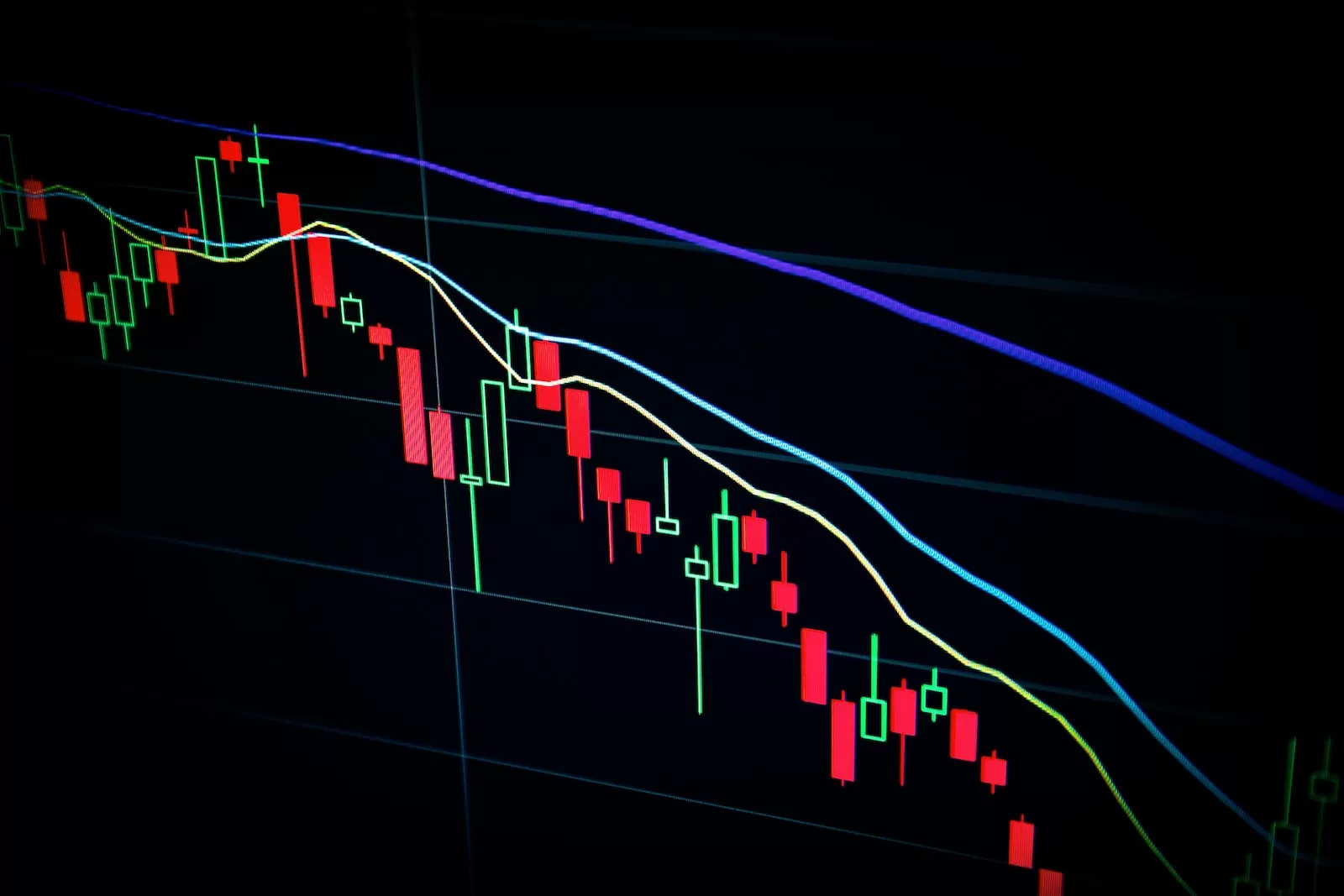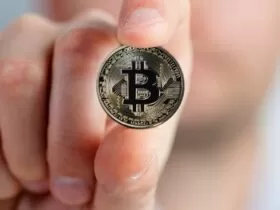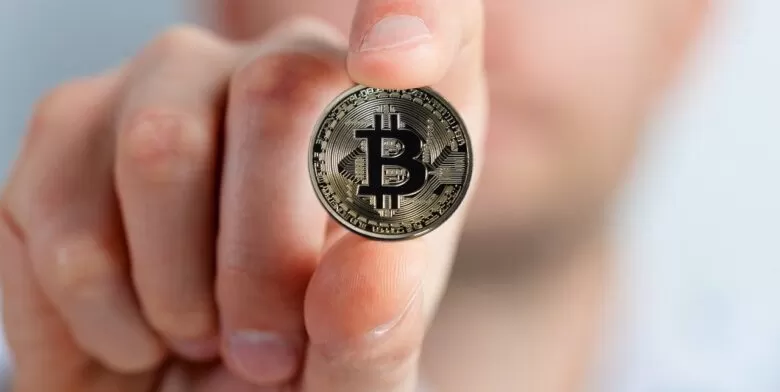BTC Futures Trading offer a unique financial instrument that empowers investors to partake in speculation concerning the forthcoming fluctuations in the value of BTC, the prevailing digital currency with global prominence. These futures have garnered noteworthy attention within the financial realms, drawing interest from both institutional entities and individual investors. They serve as a channel through which market participants can safeguard their positions or seize opportunities presented by the volatility of BTC rates, all without the requirement of physical ownership of the underlying asset. In the present discourse, we shall explore the mechanics of crypto futures trading, with a focus on BTC as the fundamental asset.
What is BTC Futures Trading?
Bitcoin (BTC) futures trading is an exciting and cutting-edge financial tool that has gained immense popularity in recent years. But what exactly is it? In simple terms, BTC futures allow traders to speculate on the future price of Bitcoin without actually owning the underlying asset. It involves making predictions about the future price movement of Bitcoin and then making trades based on these predictions.
One key aspect of BTC futures trading is leverage. With leverage, traders can amplify their potential profits or losses by borrowing additional funds to trade with. This means that even a small initial investment can have a significant impact on the potential returns. However, it’s important to note that leverage comes with risk, as it magnifies both gains and losses.
Another aspect worth mentioning is how BTC futures trading has opened up opportunities for institutional investors in the cryptocurrency market. Traditionally, cryptocurrencies were largely driven by retail investors and lacked mainstream adoption due to regulatory concerns and volatility risks. However, the introduction of regulated BTC futures contracts has attracted institutional players who were previously unable or hesitant to enter this market directly. This influx of institutional interest has brought increased liquidity and stability to the Bitcoin market overall.
How to Trade Bitcoin Futures?
BTC futures contracts represent formal arrangements made between two entities within a Bitcoin futures exchange: the purchaser (holding a long position) and the vendor (holding a short position). These contractual agreements bind the parties involved to buy or sell a precise amount of BTC at a prearranged price, commonly referred to as the futures price, on a designated future date. The establishment of the futures price relies on the intricate interplay between the forces of supply and demand within the futures market.

Bitcoin futures possess a remarkable feature that sets them apart: the option to utilize margin. This allows investors to engage in futures trading by controlling a larger position with a smaller amount of capital. To illustrate, with a leverage factor of 10X, an investor can command BTC futures worth $10,000 by utilizing only $1,000 of their own funds. Although leverage presents the opportunity for increased profits, it concurrently amplifies the risk of losses, rendering it similar to a “two-edged blade” that demands a prudent and measured approach.
BTC futures serve various purposes for different market players:
- Miners and holders, for instance, may utilize futures to hedge against declines in value, thereby safeguarding their positions from market instability.
- Speculators aim to profit from price changes by taking long or position or shorting.
- Institutional investors often employ futures contracts as a means to access the market’s potential benefits without the need to directly possess Bitcoin.
While Bitcoin futures present opportunities for traders, they also carry inherent risks. BTC is renowned for its volatility, and trading Bitcoin futures exacerbates this volatility due to the presence of leverage. It is crucial for participants to possess a comprehensive awareness of market dynamics and the potential influence of external factors on prices.
Conclusion
Wrapping up, BTC futures provide a means for market players to exploit the price jumps of BTC without actually possessing it. By entering into a futures agreement, traders can leverage their positions and potentially profit from price fluctuations. However, it is imperative to approach BTC futures trading with caution, considering the risks that come together with leverage and the volatility of cryptos.
To start your journey to trading, visit the WhiteBIT crypto exchange and see what futures agreements it offers to its users. Read the WhiteBIT blog to find out more pitfalls in this trading method.



























